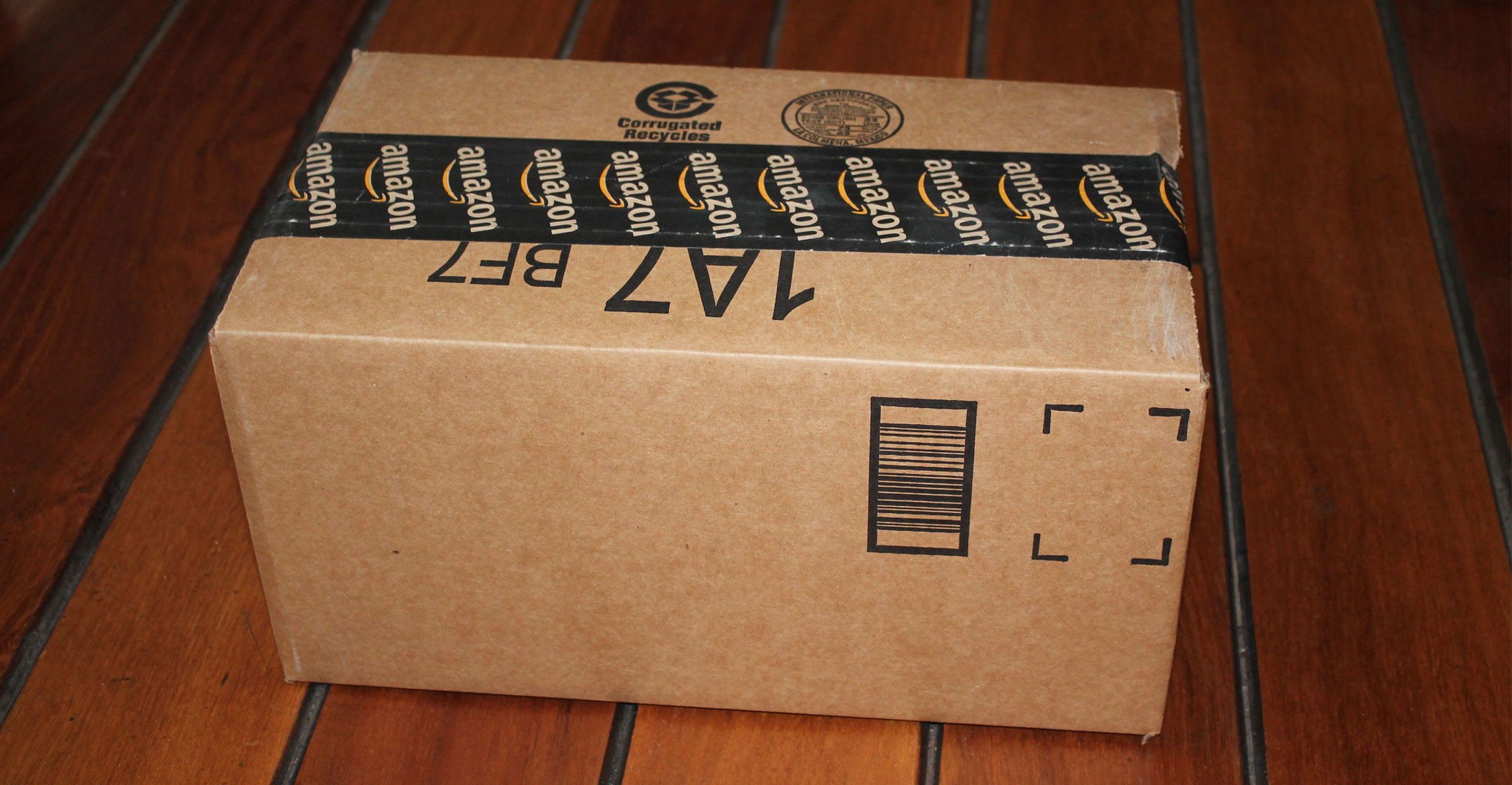
Despite the enormous run-up in global technology stocks in the past five years — and the recent stomach-churning volatility — the market isn’t repeating the dot-com euphoria of 1999 and South African investors would do well to remain exposed to a sector whose already steep rise may be far from done.
That’s the view of leading asset managers polled this week in the wake of rising instability in the value of the world’s biggest technology companies. Indeed, recent weakness in shares such as Facebook, Amazon and Tencent could signal a buying opportunity, they say.
Peter Armitage, CEO of Anchor Capital, said tech companies have become the most highly valued in the world, with Apple topping the list with a market capitalisation above US$870bn. The top-five companies in the US by market value — Apple, Alphabet (Google), Microsoft, Amazon and Facebook — are all tech shares. This, Armitage said, is justified.
“Global tech companies have become massive businesses over the last 10 years, with the key dynamic being the fact that they now have great business models and are generating massive cash flows.
“The top six are each generating $10-20bn of free cash flow per year. This enables them to continue investing in new technology and acquire businesses. When the Internet started gaining critical mass 15 years ago, the expectation was that it was a platform where smaller players could thrive and the monopolies that dominated the world in other industries would not be repeated. The opposite has happened. The bigger players are getting bigger and becoming monopolies in their spaces. Amazon accounts for 43% of all online sales in America, one out of four American adults belong to Amazon Prime, and the company delivers 1.6m items per day.”
That said, the valuations tend to be company specific, with some looking “very expensive at face value” and others looking “pretty reasonable given their excellent future potential”, Armitage said.
The recent pullback in tech shares is a result of several of the heavyweights experiencing different issues at the same time. Facebook, for example, has lost tens of billions of dollars in value in recent weeks because of the questionable use of user data and its poor handling of the subsequent media fallout (coupled with slowing user growth and engagement in the US), while Amazon has come under pressure because of public criticism of the company by US President Donald Trump. Apple, meanwhile, could see its supply chain affected by a possible trade war between the America and China, he said.
Not one sector
“After such a big run, a pullback of sorts should be expected. However, many of these companies are giants with their own dynamics, so we see opportunity in many of them. We don’t look at it as one sector anymore.”
But just how exposed are South African investors to global tech shares? And should they be buying more, especially considering the still-lofty valuations?
South African investors get direct exposure to global tech through Naspers, which at current price levels is 17.4% of the JSE All Share Index and 20.9% of JSE Top40, Armitage said. Naspers, of course, is the story of its 31.2% holding in China’s Tencent. There is no other material global tech exposure in the All Share Index, but many local investors have offshore share portfolios or have invested in exchange-traded funds. Technology is 19.3% of the MSCI World Index, which is the most common benchmark for offshore portfolios and ETFs.

Iain Anderson, head of investments at Sygnia, said the large weighting of Naspers in local equity indices means South African investors are highly exposed to the vagaries of global tech stocks. “Any move in sentiment on the global tech sector has an impact on the savings of South African investors,” he said.
Tencent, Anderson said, has been one of the most successful investment opportunities globally in the past 15 years. “The fact that South African retirement fund members have had access to this opportunity via Naspers (and its place in our market index) has been a once-in-a-lifetime gift that cannot be overstated… While the future is uncertain, and the Naspers ride may be closer to the end than to the beginning, South African active fund managers have been saying the Naspers party is over just about every year for the past 15 years, and they have been shown to be both wrong and short-sighted. We would be very wary of joining them and calling the top at this time.”
However, investing in the tech sector is always going to be a volatile experience, Anderson warned. “Investors must always keep the long-term perspective and invest where they see the earnings being delivered in the coming five to 10 years.
“The tech sector is creating some giant companies that can successfully leverage the network effect. The ability of these companies to monetise massive customer bases (Facebook alone has 2.2bn active users) means earnings growth in the sector is going to remain strong.”
“In a long-term portfolio, we think investors should have exposure to these companies of the future,” added Armitage. However, “some nervousness is justified, so individual investors should proceed cautiously. But they should use a pullback as an opportunity to establish long-term positions.”
Even in the South African context, Naspers at current levels offers value, Armitage said. The valuation gap between Naspers and Tencent has widened in the past year (see chart). “Tencent is one of the best businesses in the world, but I would like to buy at a lower price. Naspers gives you an entry at a 40%+ discount and we think is offering value at this price.”
Byron Lotter, portfolio manager at Vestact Asset Management, agreed. “The discount to their assets is just too big. Even Tencent at these levels is offering good value considering their recent earnings growth,” he said.
With trade-war rhetoric dominating global headlines, Lotter said he is “not surprised” that equities, including technology shares, have fallen. But valuations in the tech space are not overdone. “These companies are making huge money and their valuations have actually been coming down because their earnings have been growing faster than their share prices.”
‘Amazing business models’
Naspers, Amazon and Alphabet, Lotter said, all offer “good entry opportunities”. Alphabet is his current favourite given it has stayed out of Trump’s firing line and has no exposure to China. Armitage’s favourites are Apple, Alphabet, Facebook and travel fare aggregator Booking.com – Anchor is invested in all four. Apple also looks “fairly cheap”, while Amazon and Google both have “amazing business models” and are “not too expensive”, he said.
Sygnia’s Anderson said the pullback in recent weeks is “absolutely justified” given that the tech sector has had a “very strong run” for five years. “Nothing can continue going up in a straight line. Volatility has been absent from the markets, which leads to a jaded attitude of a lot of investors that returns were there to be made, without taking on any risk. Clearly there is risk in the market, and prices need to reflect this. It is worth noting that, even with the recent pullback, the tech sector has delivered 20%/year in US dollars for the past five years (and 25%/year in rand), so a correction now is welcomed if it leads to a more realistic outlook for the sector.”
Louis Stassen, head of global developed markets at Coronation, echoed this sentiment, saying the pullback has “removed some of the froth that has been building up in these stocks in recent years”.

“One can also expect tech stocks to perform worse than the market during sell-offs, as investors typically buy into these stocks for the long runway of growth they offer, not because they are seen to be defensive or high-yielding – many tech stocks do not pay a dividend.”
However, the recent price declines have not dulled Coronation’s enthusiasm for “certain” technology stocks, Stassen said. For one thing, the long-term growth potential of these businesses is still highly attractive given structural tailwinds such as growing smartphone penetration and people spending more time on digital devices as well as low monetisation of some unique assets (YouTube and Instagram, for example). For another, many of the companies are “asset-light”, so riding the growth tailwind requires little incremental capital.
“The shift to subscription-based cloud computing from one-off licence-based business models, which is at the early stages, improves the quality of these businesses as well as the lifetime value of a customer. The one area that we will closely monitor is that of regulatory intervention.”
Alphabet remains attractive to Coronation, he said, because it owns assets such as YouTube and Google Play that “are still underappreciated by the market”. And its significant spend on R&D (around 50% of its operating income) is likely to result in profitable businesses in future, particularly in its artificial intelligence and self-driving car projects.
Amazon is also a good bet, he said, despite its recent strong share price performance. “We think Amazon is an amazing business, run by a phenomenal entrepreneur (Jeff Bezos). The company is truly managed with a focus on the long-term sustainability of the business. Current earnings vastly understate Amazon’s true long-term earnings power from its leading positions in two attractive, rapidly growing sectors: e-commerce and cloud computing.”
While Facebook is likely to experience a short-term decline in profitability due to higher costs to improve data privacy and crack down on fake news, the recent scandal won’t have a meaningful impact on its attractiveness as a platform (both to users and advertisers) or its ability to monetise other assets, including Instagram, WhatsApp and Messenger, Stassen said.
The growing investor appetite for tech shares has also seen several new listings in the recent past, among them cloud storage provider Dropbox. But the most notable in 2018 so far has been the initial public offering this week of streaming music leader Spotify. Despite losing more than $1.5bn in 2017, the share price rose immediately after its New York debut as fewer investors than expected offloaded their shares. While Spotify is struggling to make money, streaming subscription music is proving to be a lifeline for the record labels, where revenues improving after years of sliding music sales. In a regulatory filing, Spotify said the streaming music business is still in its infancy and that there is an “untapped global audience with significant growth potential”. In a frothy market, it appears that’s good enough for investors – for now, anyway.
- This article was also published in the Sunday Times Business Times of 8 April 2018




